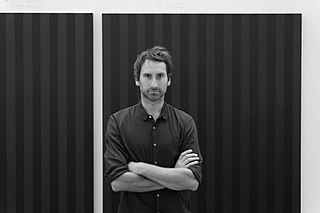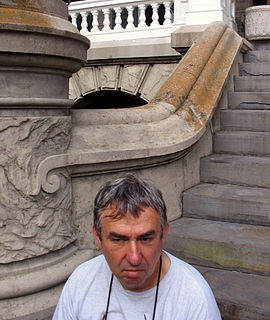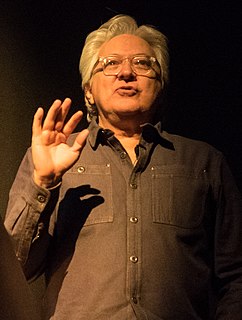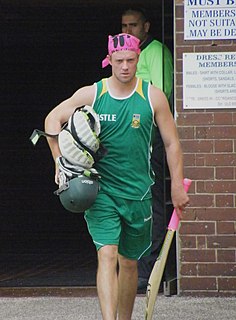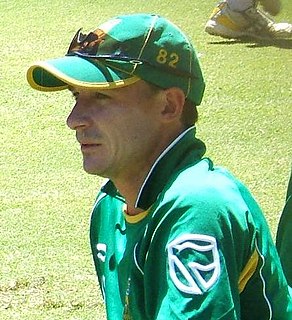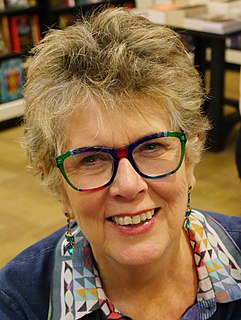A Quote by Ted Grant
When you photograph people in color you photograph their clothes. When you photograph people in black and white, you photograph their soul!
Quote Topics
Related Quotes
How foolish of me to believe that it would be that easy. I had confused the appearance of trees and automobiles, and people with a reality itself, and believed that a photograph of these appearances to be a photograph of it. It is a melancholy truth that I will never be able to photograph it and can only fail. I am a reflection photographing other reflections within a reflection. To photograph reality is to photograph nothing.
A photograph never grows old. You and I change, people change all through the months and years but a photograph always remains the same. How nice to look at a photograph of mother or father taken many years ago. You see them as you remember them. But as people live on, they change completely. That is why I think a photograph can be kind.
One of the magical things about photography is the transformation that takes place when you photograph something. Something that inherently has very little going for it in terms of the interest you take in it, can become infinitely more interesting when rendered as a photograph. It's no longer a building. It's a photograph.
As far as the surface is concerned - oil on canvas, conventionally applied - my pictures have little to do with the original photograph. They are totally painting (whatever that may mean). On the other hand, they are so like the photograph that the thing that distinguished the photograph from all other pictures remains intact.
If you look at a photograph, and you think, 'My isn't that a beautiful photograph,' and you go on to the next one, or 'Isn't that nice light?' so what? I mean what does it do to you or what's the real value in the long run? What do you walk away from it with? I mean, I'd much rather show you a photograph that makes demands on you, that you might become involved in on your own terms or be perplexed by.





